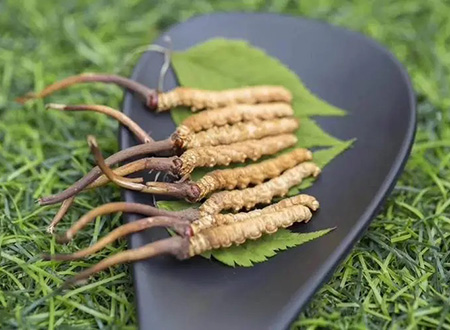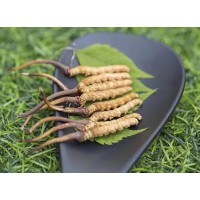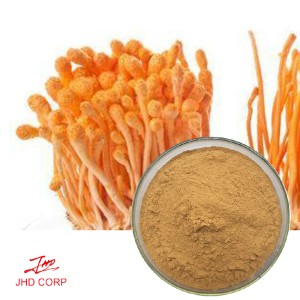Buy cordyceps powder, choose Cordyceps militaris or Cordyceps sinensis?
While Cordyceps militaris is more readily available and consistent in quality, Cordyceps sinensis is prized for its rarity and potential unique composition.
Cordyceps powder, a popular supplement in traditional Chinese medicine, is derived from two main species: Cordyceps militaris and Cordyceps sinensis. Both species have been used for centuries for their purported health benefits, but they differ in their cultivation, composition, and potential effects on the body.
Cordyceps militaris is a cultivated species of Cordyceps that is grown on a variety of substrates, including grains and other organic materials. This cultivation process allows for greater control over the growing conditions and ensures a consistent product. Cordyceps militaris is known for its high concentration of bioactive compounds, including cordycepin, adenosine, and polysaccharides, which are believed to contribute to its potential health benefits.
On the other hand, Cordyceps sinensis is a wild-harvested species that grows in the high-altitude regions of the Tibetan plateau. Due to its natural habitat and limited availability, Cordyceps sinensis is often more expensive and harder to source than Cordyceps militaris. It contains similar bioactive compounds to Cordyceps militaris but in varying concentrations due to environmental factors and growing conditions.

When it comes to choosing between Cordyceps militaris and Cordyceps sinensis in powder form, there are a few factors to consider. Firstly, Cordyceps militaris is more readily available and tends to be more affordable than Cordyceps sinensis. Its cultivation also allows for a more consistent product in terms of potency and quality. On the other hand, Cordyceps sinensis is prized for its rarity and potential unique composition due to its wild-growing nature.
In terms of potential health benefits, both Cordyceps militaris and Cordyceps sinensis are believed to support immune function, energy production, and overall vitality. However, research comparing the specific effects of these two species is limited, and individual responses may vary.
Ultimately, the choice between Cordyceps militaris and Cordyceps sinensis may come down to personal preference, availability, and budget. Some individuals may prefer the reliability and affordability of Cordyceps militaris, while others may seek out the rare and potentially unique properties of Cordyceps sinensis.
In conclusion, both Cordyceps militaris and Cordyceps sinensis extract offer potential health benefits in powdered form. While Cordyceps militaris is more readily available and consistent in quality, Cordyceps sinensis is prized for its rarity and potential unique composition. When choosing between the two, individuals should consider their personal preferences, budget, and availability.















